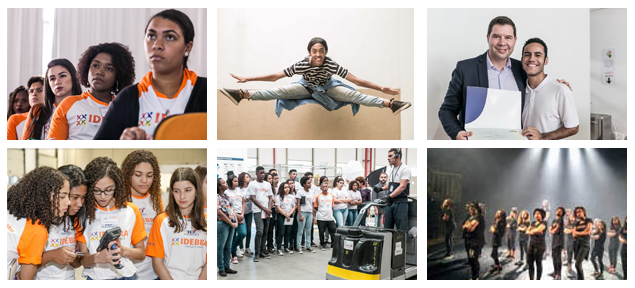Logistics, seen as a complex discipline, plays a fundamental role in various areas of daily life. Understanding how logistical concepts translate into practical actions can provide valuable insight into their importance and impact.

Managing inventory at home is a practical example of logistics. Organizing pantries, closets, and refrigerators allows for space optimization, ensures product safety, and tracks expiration dates to avoid waste.
When planning trips or daily commutes, applying logistical concepts helps maximize efficiency. Choosing routes based on transportation availability, estimated travel time, and potential obstacles along the way facilitates movement.
In e-commerce, logistics are crucial in the purchase and delivery of online products. Analyzing delivery times, shipping options, and additional costs ensures a satisfactory shopping experience.
Organizing events and celebrations requires logistics. From birthday parties to large conferences, space planning, vendor coordination, and guest management are essential for the success of the event.
In the workplace, logistics are crucial in task organization, time management, and resource allocation. Applying logistical principles such as activity prioritization and equitable distribution of responsibilities increases productivity and effectiveness.

By recognizing the presence of logistics in different aspects of everyday life and learning to apply its concepts practically, people can improve their efficiency, reduce costs, and achieve their goals more effectively. Logistics is not just an academic or professional discipline; it is a powerful tool for optimizing processes and facilitating daily life.






